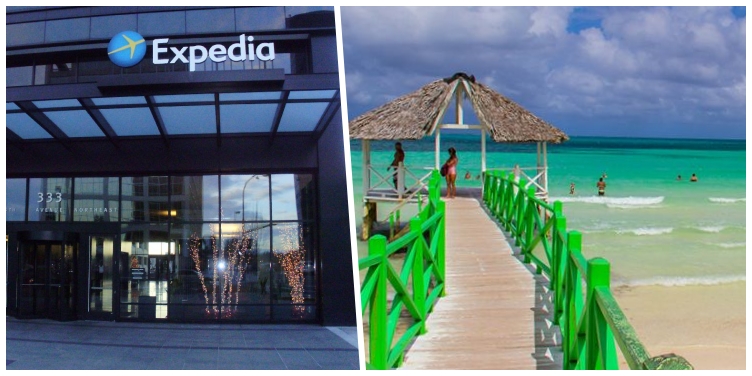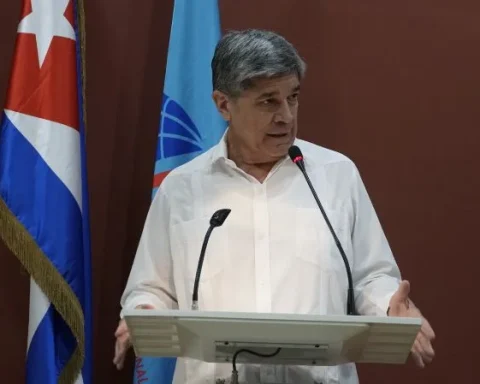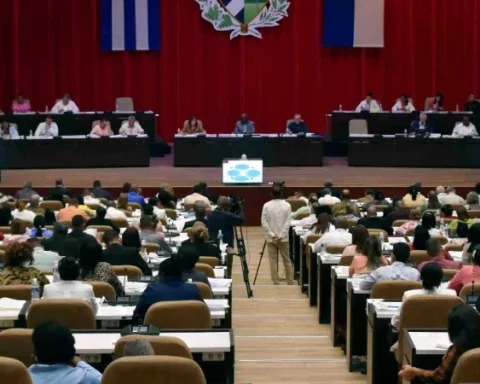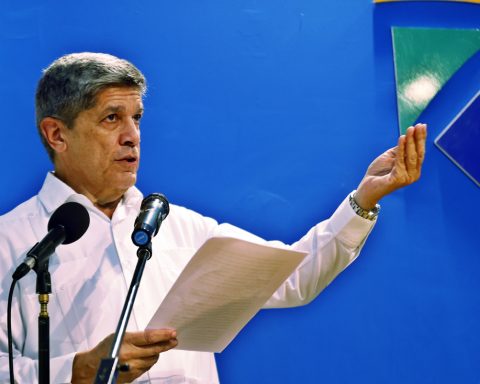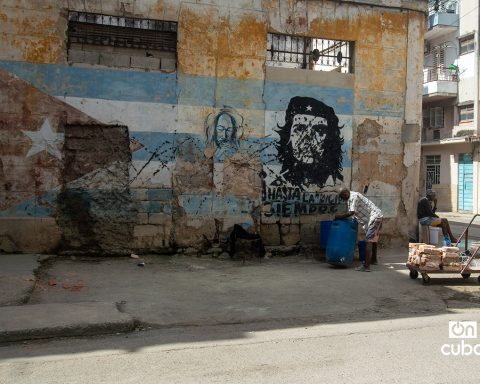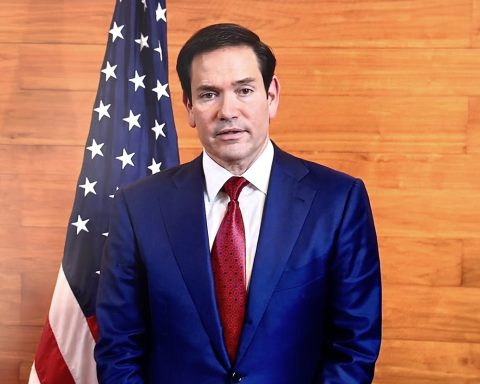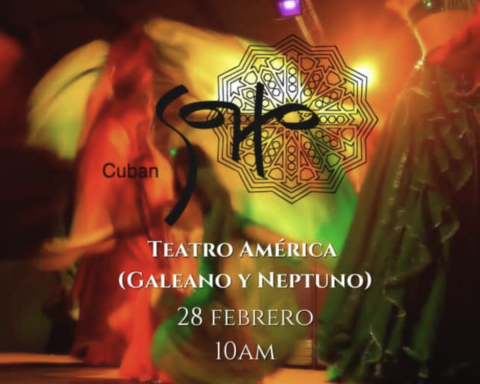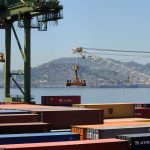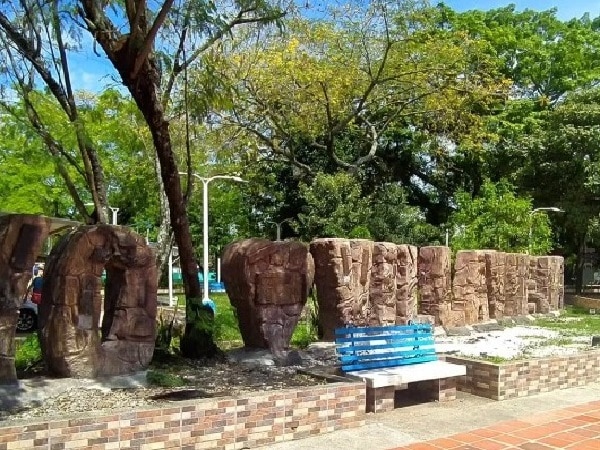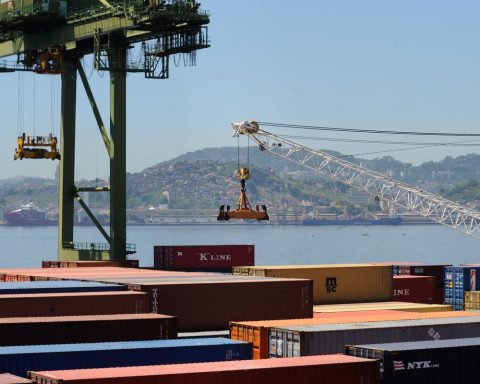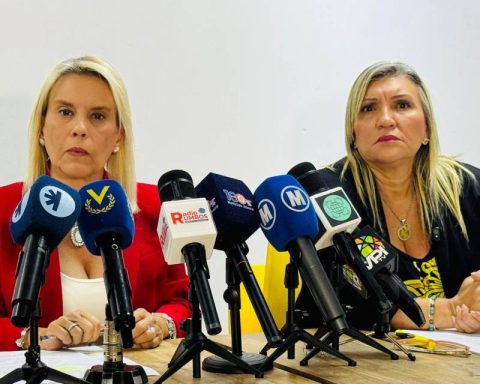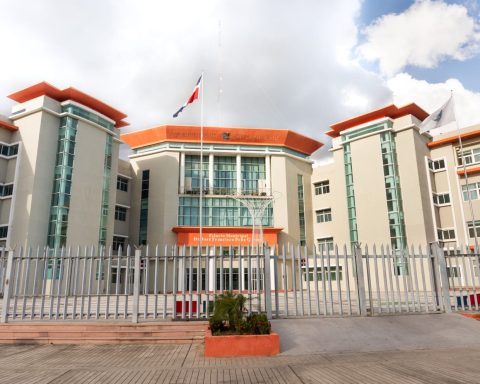Arequipa, Peru – The Expedia Travel Agency must compensate with the sum of 29.8 million dollars to the Cuban American Mario Echevarría, who claimed the property of Cayo Coco, confiscated to his family during the Agrarian Reform Law, in 1959.
An independent medium report Strong coffee He had access to the case ruling, after a jury in Miami made the opinion under Title III of the Helms-Burton law reactivated in 2019 during the first presidency of Donald Trump.
The court, chaired by federal judge Federico Morenode, acknowledged that the entities hotel.com LP, Hotels.com GP and Orbitz LLC, belonging to Expedia, made reservations from their digital platforms to obtain earnings in hotels built on the land expropriated by the regime almost 70 years ago.
In that sense, the verdict imposed a compensatory sum of 9.95 million dollars to each entity for damages, for a total of 29.85 million.
The lawyer Andrés Rivero, of the buffet Rivero & Mestre, who represented the plaintiff highlighted the historical importance of the case, qualifying it as “a great victory.”
“Not only for our client,” explained the lawyer, “but also for the Cuban American community in general, whose assets were unduly confiscated and exploited by US companies in collaboration with the Cuban communist dictatorship.”
However, this might not be the end of the litigation as an expedited could appeal the ruling to a superior court, which, so far, has not transcended.
Cayo Coco, tourist area of the north coast of Cuba, houses three hotels that Echevarría alleged as entities involved in property traffic: Iberostar Mojito, Iberostar Colonial and Pullman Cayo Coco.
In 2019, the plaintiff and three other Cuban Americans launched the lawsuit as heirs of properties confiscated in Varadero and Santa Cruz del Norte. However, the federal judge of Miami, Robert N. Scola, dismissed the claim a year later and was not until 2023 that Echevarría continued the case individually.
Helms-Burton law, Approved by Congress of the United States in 1996, allows US citizens (including naturalized Cubans) to demand companies that participate in commercial activities with the properties confiscated by the Havana regime, after January 1959.
